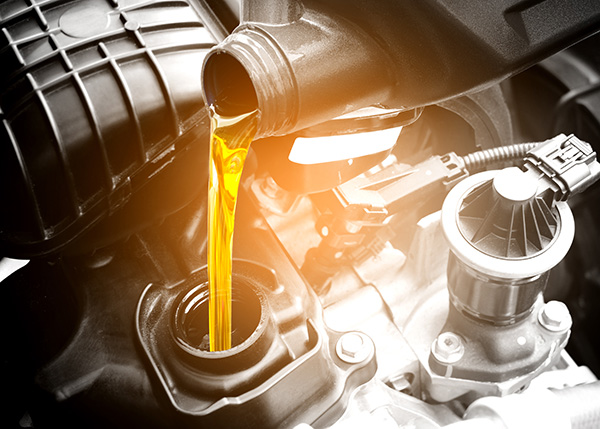
Are you looking to extend the lifespan of your vehicle and keep it running smoothly for years to come? The simple yet essential practice of regular oil changes is the key. How important are oil changes in maintaining the health and performance of your car, and how can this routine maintenance task save you time, money, and headaches down the road?
The Role of Engine Oil
Engine oil is the lifeblood of your car's engine, lubricating its moving parts to reduce friction and prevent wear and tear. Over time, oil breaks down and becomes contaminated with dirt, debris, and engine byproducts. This degradation can lead to decreased lubrication effectiveness, increased engine friction, and potential damage to vital engine components.
Benefits of Regular Oil Changes
Improved Engine Performance
Fresh oil ensures optimal lubrication, allowing your engine to operate smoothly and efficiently, maximizing power and fuel efficiency.
Enhanced Engine Protection
Regular oil changes help prevent engine wear and tear by providing a clean and protective barrier between moving parts, reducing the risk of costly repairs and breakdowns.
Extended Engine Lifespan
By maintaining proper lubrication and cleanliness, frequent oil changes can significantly prolong the life of your engine, saving you from the expense of premature replacements.
Frequency of Oil Changes
Recommended oil change intervals can vary based on factors such as the make and model of the car, driving conditions, and manufacturer recommendations. Here's a general guideline for oil change intervals:
American Cars:
Many American car manufacturers recommend changing the oil every 5,000 to 7,500 miles or every six months, whichever comes first.
Some newer American vehicles use advanced synthetic oils and may have longer intervals, with recommendations ranging from 7,500 to 10,000 miles or yearly.
European Cars:
European car manufacturers typically recommend oil changes at longer intervals, often between 7,500 to 10,000 miles or yearly, whichever comes first.
To maintain optimal engine performance, some high-performance European vehicles may have more frequent oil change intervals, as low as 5,000 miles.
Asian Cars:
Asian car manufacturers generally suggest oil change intervals similar to American cars, ranging from 5,000 to 7,500 miles or yearly.
Some Asian vehicles, especially those using advanced synthetic oils, may have longer intervals, up to 10,000 miles.
It's important to consult your vehicle's owner's manual or contact a qualified mechanic for specific recommendations tailored to your car's make, model, and year. Factors such as driving habits, climate, and terrain should also be considered when determining your vehicle's appropriate oil change interval.
Professional Oil Change Services
Entrusting your car to the hands of trained professionals is crucial for oil changes. Professional auto service centers have the expertise, equipment, and quality oil products to perform oil changes efficiently and effectively. All car repair shops adhere to strict guidelines for the disposal of used oil from vehicles to ensure environmental safety.
They can thoroughly inspect your vehicle's other vital systems, identifying any potential issues before they escalate into major problems.
Environmental Impact
Regular oil changes not only benefit your car but also the environment. Fresh, clean oil reduces harmful emissions and pollutants your vehicle generates, contributing to cleaner air and a healthier planet for future generations.
Ensure the longevity and performance of your vehicle with regular oil change services at Hagin's Automotive. Schedule your oil change today and experience the quality service!